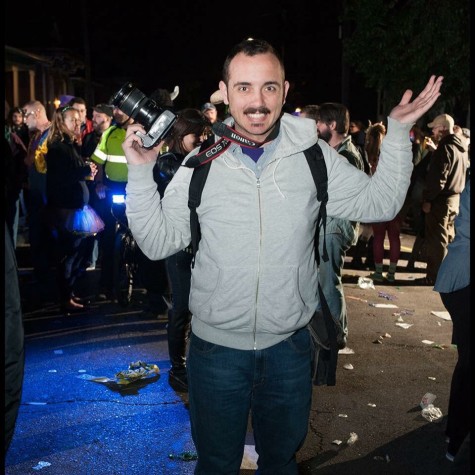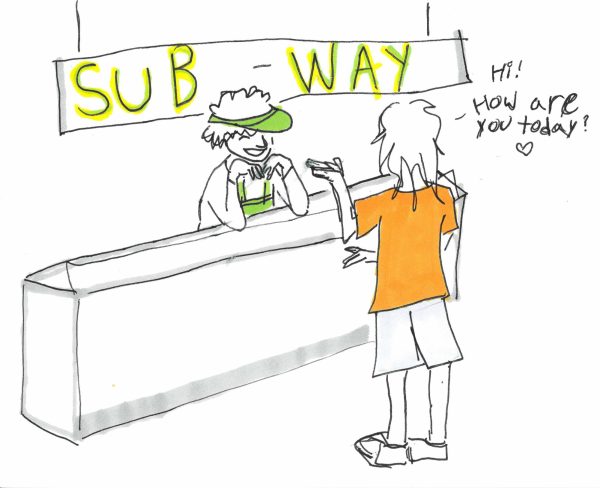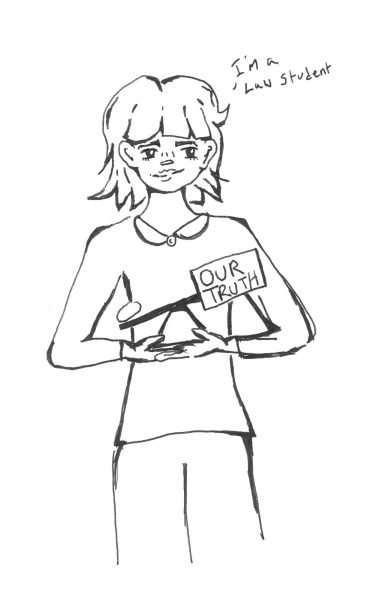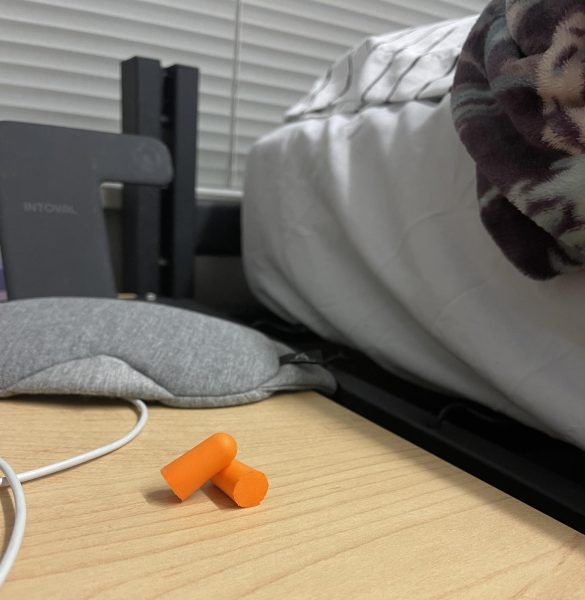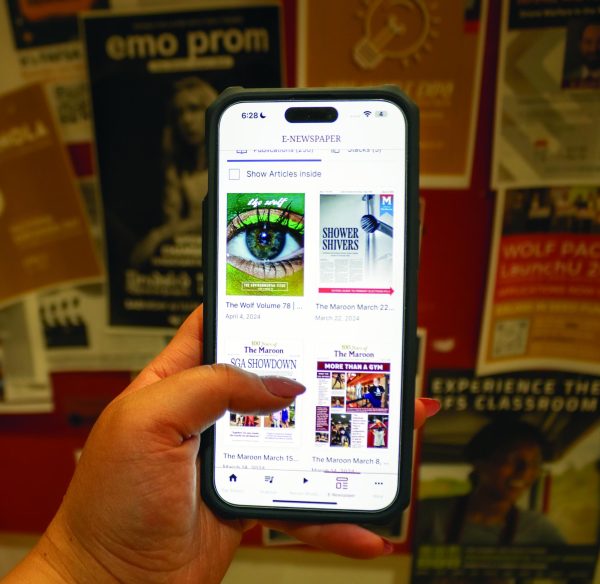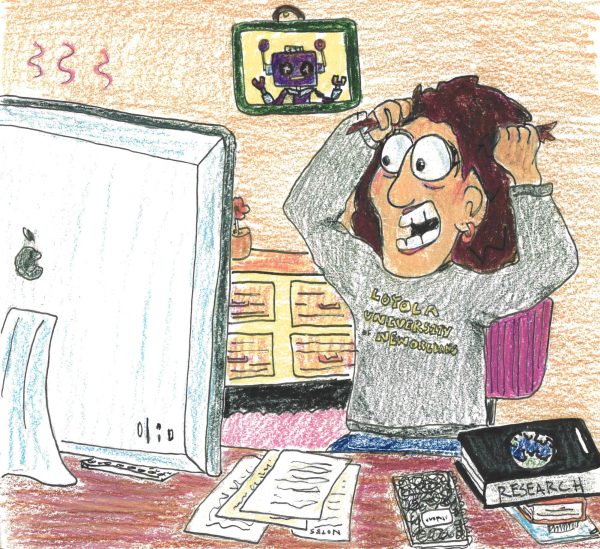We have a duty to ensure that New Orleans is accessible to all its residents
September 19, 2014
Zach Brien
Before you read this any further, we’d like you to take a walk.
Make your way to the nearest set of stairs and simply stare at them for a few seconds.
As we move through the hustle and bustle of our daily lives, rarely do we pause to think about mundane things like stairs, sidewalks or doorways. Mundane as they may seem to some of us, for people with disabilities, they can present a real barrier.
Loyola community, it is necessary that we value and promote accessibility services throughout the city of New Orleans.
We should do this not because we pity people who have disabilities. On the contrary, our advocacy must come from a place of solidarity and respect.
Our Jesuit ideals demand that, at the very least, we commit ourselves to service for, and with, others. The dignity of the human person is not an abstract concept from which we can distance ourselves once we’re out of class.
As part of the Loyola community, we have made a commitment to advocate for our fellow person.
We feel the need to draw attention to this in light of the recent announcement by Senator Mary Landrieu that the city of New Orleans would receive $24.6 million in grant money from FEMA.
That grant money is to be used by the city to build sidewalk ramps that will comply with the Americans with Disabilities Act.
We first would like to commend Senator Landrieu for her initiative and determination in acquiring this grant for the city.
We feel joy in knowing that we reside in a city where real efforts are being made to accommodate our disabled residents.
We are also glad to note that earlier this year, our state approved a $24.6 billion budget that will increase spending on services for the disabled in both higher education and public schools, according to the Associated Press.
The fact that our state is choosing to focus more attention on students with disabilities means that we’ve come to think of access to public education as a right and that we must do whatever we can to ensure that right is available to all.
Furthermore, it indicates that we as a society are moving farther away from a time when these individuals existed in near-isolation.
Though these two events are certainly good, by no means are we anywhere near finished with our efforts to accommodate all of our residents.
How does our community go about this? We make our political decisions in consideration of how they will affect people with disabilities. We can also become involved with local organizations that work directly with the city’s disabled community.
Last year, several of our students worked with the Touro Synagogue to build viewing stands so that children in wheelchairs and other disabilities could view Mardi Gras parades.
Actions of this sort are exactly what we should expect of ourselves as members of the Loyola community. We must work to ensure that all our city’s residents have access to all that New Orleans has to offer.



